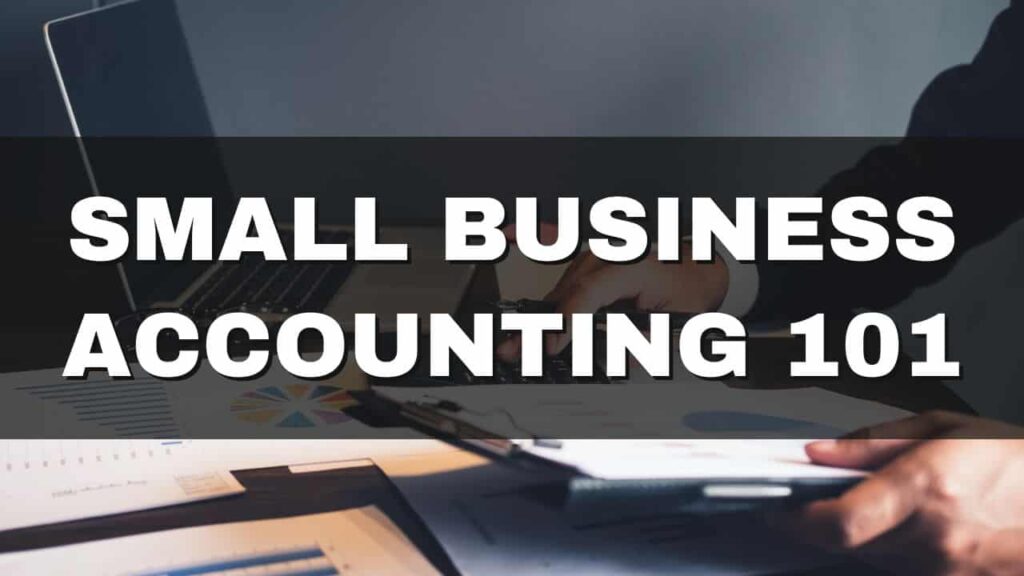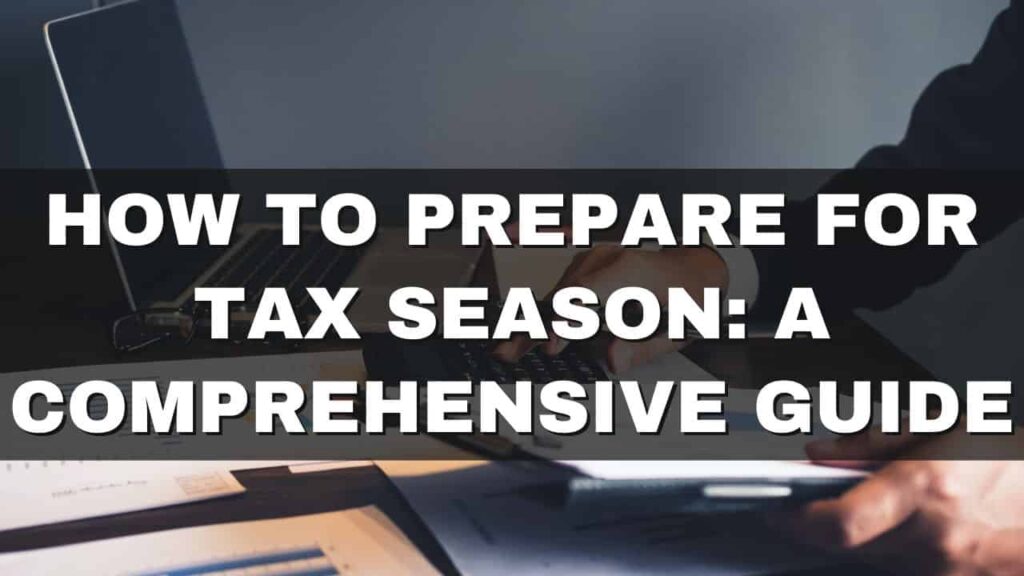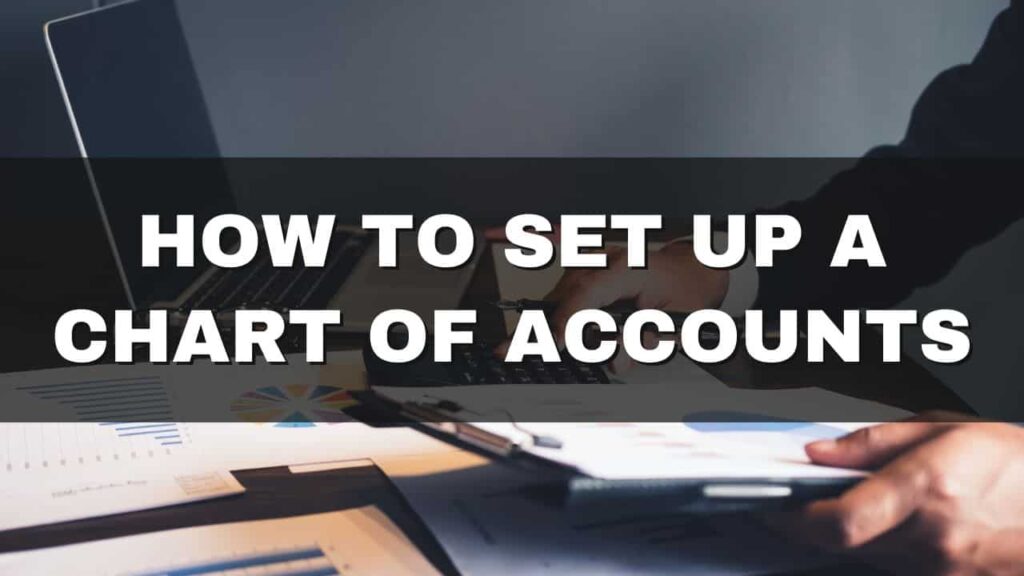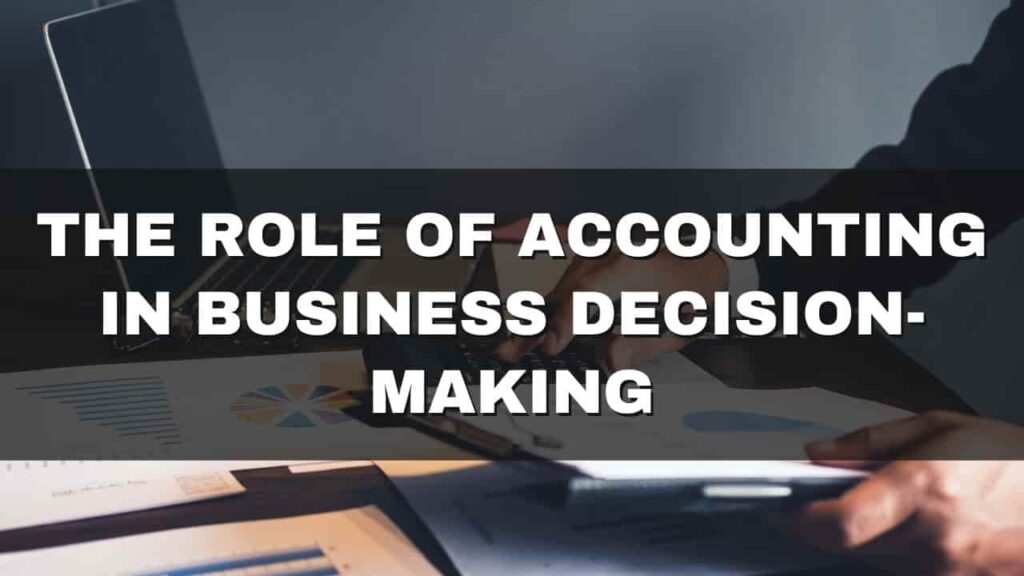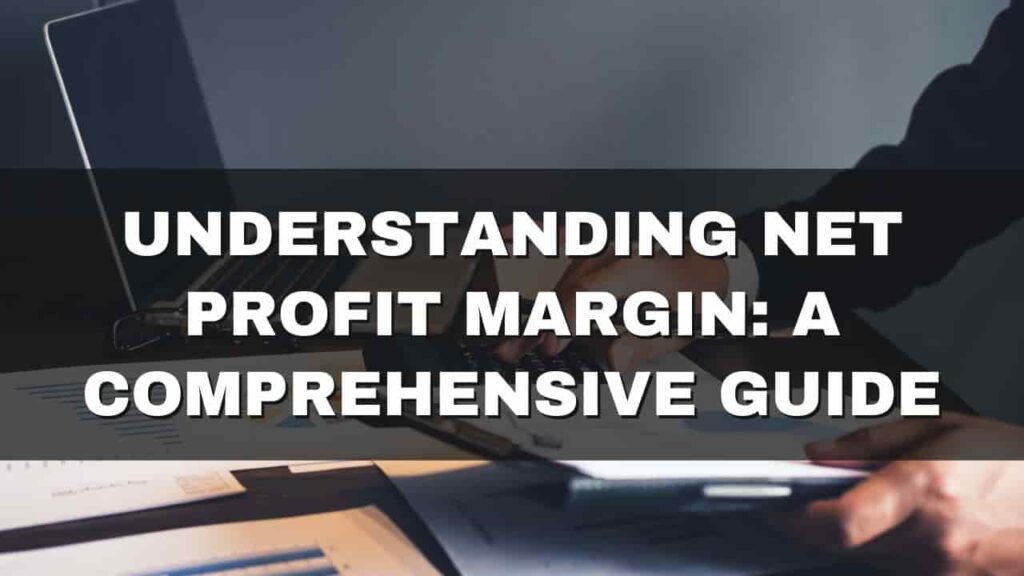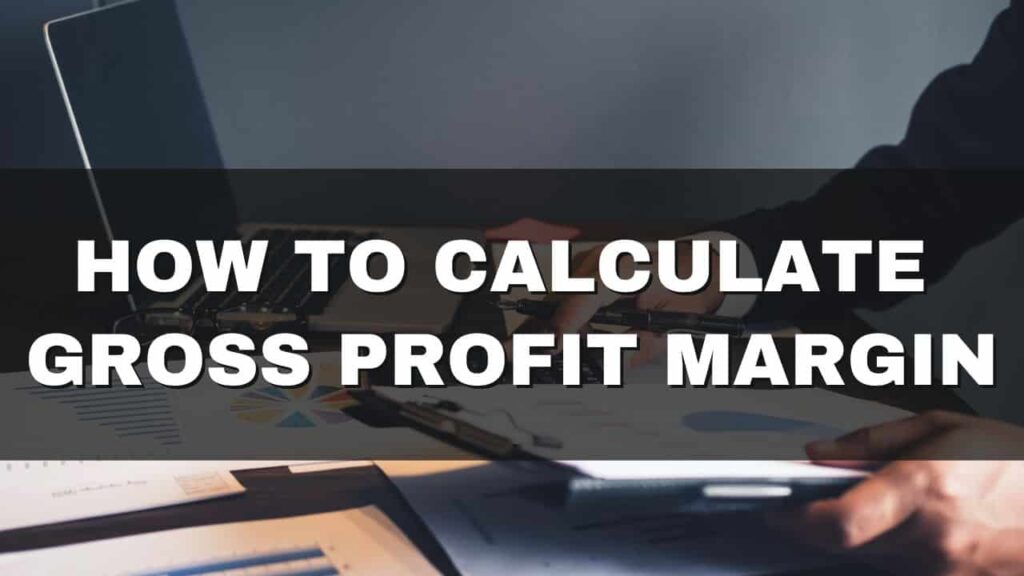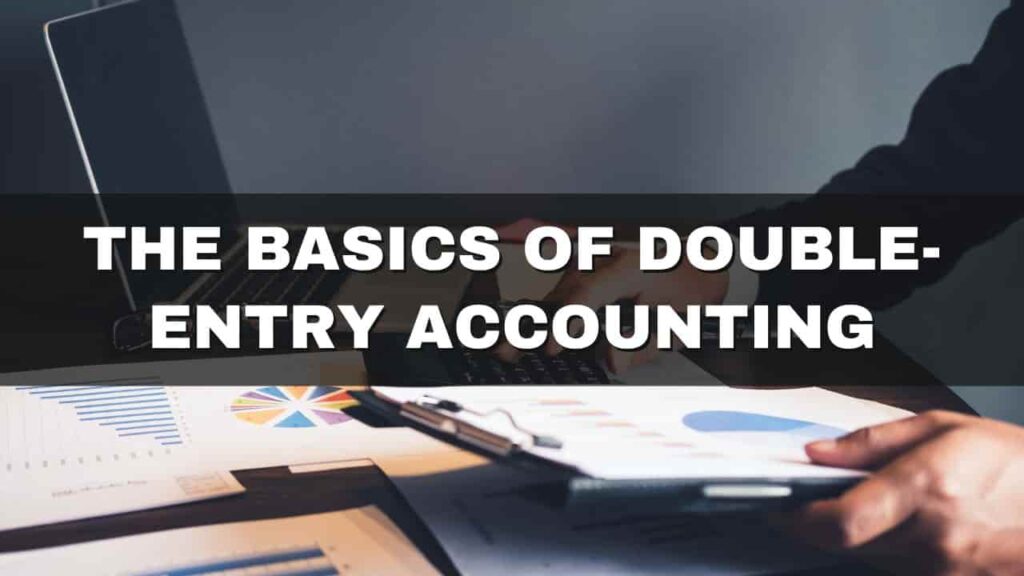Small Business Accounting 101: Getting Started
Managing finances is a crucial aspect of running a successful small business. Effective accounting ensures that you have a clear understanding of your business’s financial health, enabling you to make informed decisions. In this blog post, we’ll guide you through the basics of small business accounting, covering essential steps to get you started on the right track.
Step 1: Set Up a Dedicated Business Bank Account
Separating personal and business finances is paramount for accurate accounting. Opening a dedicated business bank account allows you to track income and expenses easily, ensuring transparency and compliance.
Key Points:
– Choose a reputable bank with business-friendly services.
– Use this account exclusively for business transactions.
Step 2: Choose an Accounting System
Selecting the right accounting system streamlines your financial management process. You have two primary options:
1. Accounting Software: User-friendly platforms like QuickBooks, Xero, and Wave offer features that automate many accounting tasks. They also provide reporting capabilities for better financial insights.
2. Manual Accounting: If your business is small or transactions are minimal, a manual system using spreadsheets or ledgers may suffice.
Key Points:
– Consider the complexity of your business and the volume of transactions when choosing a system.
Step 3: Record Financial Transactions
Accurate record-keeping is the cornerstone of small business accounting. You’ll need to track all income and expenses to maintain a clear financial picture.
Key Points:
– Document every transaction, including sales, purchases, expenses, and payments received.
– Be meticulous with details, noting dates, amounts, and relevant parties.
Step 4: Categorize Transactions
Categorizing transactions helps organize your financial data for easy analysis and reporting. Common categories include revenue, cost of goods sold, operating expenses, and taxes.
Key Points:
– Consistency is key; use the same categories for similar transactions.
– Ensure accuracy to prevent misrepresentation of financial data.
Step 5: Reconcile Bank Statements
Regularly reconciling your bank statements with your accounting records ensures accuracy and helps identify any discrepancies.
Key Points:
– Match each transaction on your bank statement with its corresponding entry in your accounting system.
– Investigate and rectify any discrepancies promptly.
Step 6: Generate Financial Reports
Financial reports provide insights into your business’s performance and financial position. Key reports include:
1. Income Statement (Profit and Loss Statement): Details revenue, expenses, and net income over a specific period.
2. Balance Sheet: Provides a snapshot of your business’s assets, liabilities, and owner’s equity at a specific point in time.
3. Cash Flow Statement: Tracks the flow of cash in and out of your business, highlighting liquidity.
Key Points:
– Regularly review these reports to make informed business decisions.
Step 7: Stay Compliant with Taxation
Understanding tax obligations and deadlines is crucial for small business owners. Consider consulting a tax professional to ensure compliance and identify potential deductions.
Key Points:
– Keep meticulous records of income, expenses, and receipts.
– Set aside funds for tax payments to avoid financial strain.
Conclusion:
Small business accounting doesn’t have to be overwhelming. By following these steps and utilizing modern accounting tools, you can efficiently manage your finances and gain a clear understanding of your business’s financial health. Remember, consistency and accuracy are paramount, and seeking professional guidance when needed can save you time, money, and stress in the long run.
We also have:
What is a Balance Sheet in Accounting
For more click here and if you are looking for full forms of different acronyms and words then check out this list you really gonna find this helpful. We also have an Essay on every topic, Check the complete list here. If you are Studying in Matric Free Video Lectures of Maths, Physics and English are here, and we have got you covered for I.COM Business Maths also.

